On May 21st, 2022, "Economy and Culture in the Digital Age" high-level forum, one of the series of academic activities for the 120th anniversary of Southeast University, organized by the Institute of Socialist Development with Chinese Characteristics of Southeast University, School of Economics and Management of Southeast University, School of Marxism of Southeast University and Xinhua Media Think Tank of Xinhua Daily News, was successfully held in Nanjing. The event invited nearly 20 high-level experts and scholars, including Guo Guangyin, former Secretary of the Party Committee of Southeast University and Chairman of the Institute of Socialist Development with Chinese Characteristics of Southeast University, Ding Rongyu, Deputy Director of Finance and Economics Office of Jiangsu Provincial Party Committee, Sun Zhigao, Director of Strategy and Development Research Center of Jiangsu Province, Bu Anxun, Vice President and Secretary General of Digital Economy Chamber of Commerce of Jiangsu Province, Xu Kangning, Vice Dean of Institute of Socialist Development with Chinese Characteristics of Southeast University, and Cao Gang, Professor of School of Philosophy of Renmin University of China. The seminar focused on such hot topics as "Digital Intelligence Economic Ecosystem", "Digital Technology Calls for Digital Humanities", "Hotspots, Difficulties and Main Directions of Digital Economy" and "Moral Risks in the Era of Big Data",, providing useful references for the high-quality economic development and cultural industry prosperity in the digital era.

The opening ceremony of the conference was presided over by Yuan Jiuhong, Dean of the School of Marxism of Southeast University. Prof. Yuan Jiuhong pointed out that a new economic and cultural ecosystem of the digital era is taking shape, and at this stage, it is important to plan around the digital economy and digital culture. After that, Guo Guangyin, former Secretary of the Party Committee of Southeast University and Chairman of the Institute of Socialist Development with Chinese Characteristics of Southeast University, delivered a speech. Prof. Guo Guangyin pointed out that each technological progress and iteration has led to the continuous enrichment and prosperity of economic development and cultural industry. Since the 18th Party Congress, the Party Central Committee has attached great importance to the development of the digital economy and elevated it to a national strategy and has successively issued documents such as the Outline for the Implementation of the Network Power Strategy and the Outline of the Digital Economy Development Strategy to promote the development of the digital economy at the national level. In the process of "Double First-class" construction, Southeast University has always consciously implemented the spirit of the important speech of General Secretary Xi Jinping, consciously facing the major strategic needs of the country, vigorously cultivating digital talents, helping the construction of digital China, and has made great development in digital education and social services. It has created the "Digital Intelligence Southeast" operation platform with the function of technology-driven, data-driven and management linkage, formed the Southeast University Alumni Digital Economy Industrial Park, promoted university-local integration and supported the high-quality development of local economy.
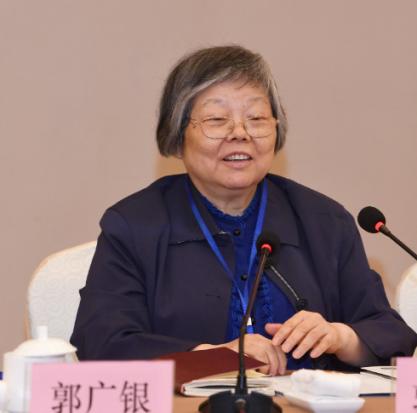
(Guo Guangyin)
Ding Rongyu, Deputy Director of Finance and Economics Office of Jiangsu Provincial Party Committee, with the topic ofDigital Intelligence Economic Ecosystem - Penetration and Integration, analyzed the development characteristics of digital economy from two perspectives: penetration and integration, pointing out that the development of digital technology and industry is changing the mechanism and form of digital economy operation in an all-round way, and is also integrating various elements and kinetic energy in an all-round way. Based on this characteristic, he suggested to promote industrial upgrading, social development, and economic efficiency through building a comprehensive and efficient collaborative digital economy ecosystem.
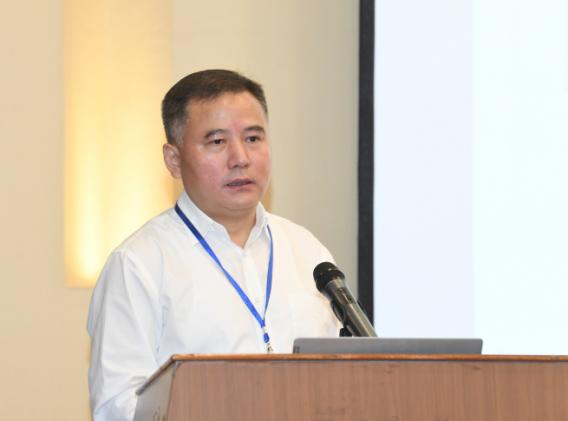
(Ding Rongyu)
Sun Zhigao, Director of Strategy and Development Research Center of Jiangsu Province, focused on the improvement of the effectiveness of "intellectual reform and digital reform" and believed that solving the "neck" problem in development, deeply integrating digital technology, cultivating digital talents in key areas and strengthening the willingness of small and medium-sized enterprises to digital transformation are the issues that should be focused on in the development of digital economy, and that it is necessary to "accelerate the construction of new infrastructure, accelerate the application and promotion of digital technology", "increase the construction of high-end service platforms, improve the innovation capacity of key technologies", "build a highland of talents, provide support for the intellectual team of supervisors", "strengthen policy support, enhance the level of comprehensive protection" and make overall planning of the empowerment program of "intellectual reform of digital transformation".
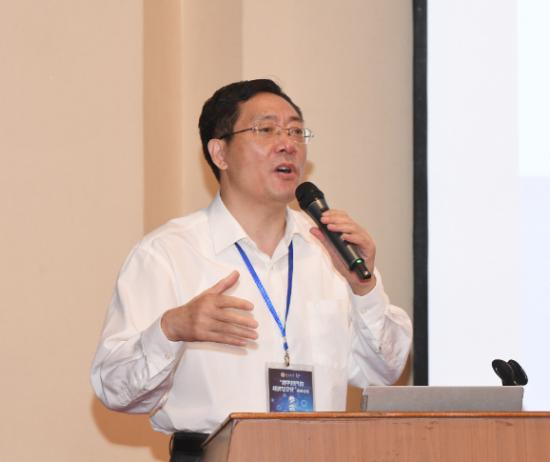
(Sun Zhigao)
Bu Anxun, Distinguished Researcher of China Academy of Management Science and Vice President and Secretary General of Jiangsu Digital Economy Chamber of Commerce first analyzed the problems of information asymmetry, capability asymmetry and value asymmetry under technology-driven. Based on this, he suggested that the core grip should be humanistic rather than industrial planning, to promote the development of digital economy in four aspects: data equalization, knowledge sharing, arithmetic power universality and algorithm transparency.
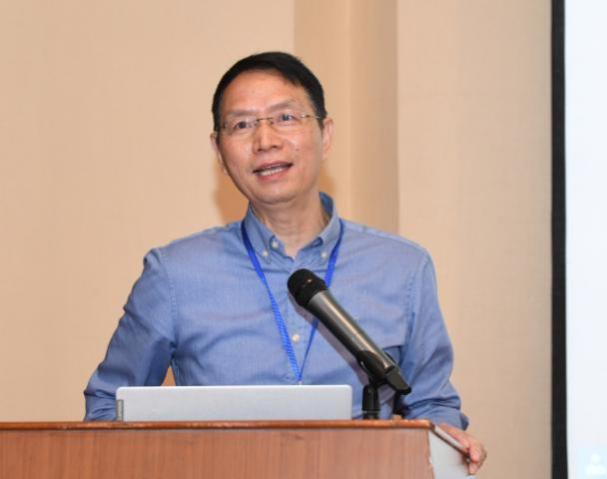
(Bu Anxun)
Xu Kangning, Vice Dean of the Institute of Socialist Development with Chinese Characteristics of Southeast University, analyzed the current hotspots and difficulties of the digital economy from the perspective of how the digital economy has changed the world, and proposed that breaking through key core technologies, strengthening the construction of infrastructure in the digital economy, promoting the deep integration of digital technology and the real economy, establishing the main position of enterprise innovation in the digital economy, and insisting on international cooperation are the five main directions for developing the digital economy.
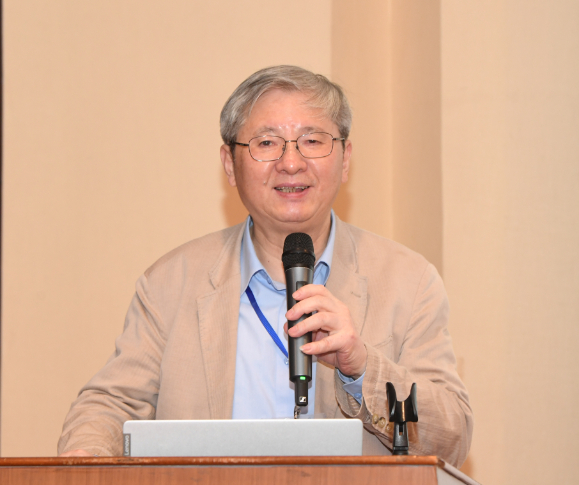
(Xu Kangning)
Cao Gang, Director of the Research Center of Ethics and Moral Construction of Renmin University of China, a key research base of humanities and social sciences of the Ministry of Education, and Professor of the School of Philosophy of Renmin University of China, delivered a speech in the form of online participation. He gave examples of moral risk points in the era of big data from four aspects: privacy, social trust of big data, algorithmic discrimination, and algorithmic exploitation, which were thought-provoking.
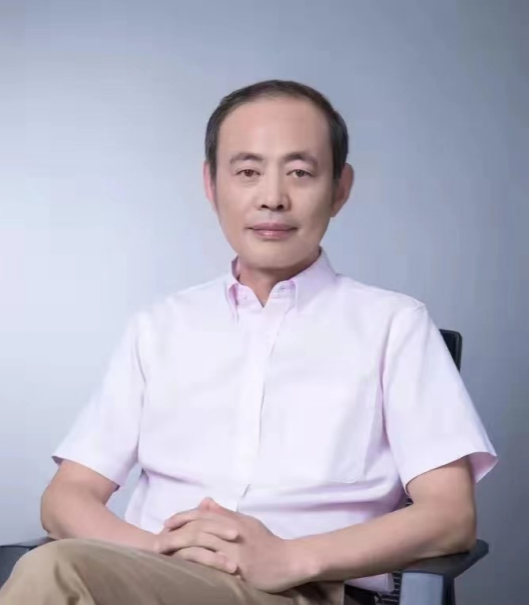
(Cao Gang)
Cheng Sumei, Deputy Director of the Institute of Philosophy of the Shanghai Academy of Social Sciences and editor-in-chief of Philosophical Analysis pointed out that digital transformation will usher in the era of digital intelligence from the perspective of the change of digital transformation on the concept of urban life. She analyzed the interrelationship between digital transformation and intelligent development, and believed that under the background of digital transformation, business development will also usher in a new pattern, which will also bring about a revolution in the concept of labor and leisure, providing a new context, real-life cases and propositions of the times for understanding Marxist theories on comprehensive human development and other theories at this stage. Professor Lan Jiang from the Department of Philosophy of Nanjing University pointed out two theoretical issues that need to be studied in the digital age, starting from the social critical theory of the digital age: First, the problem of inter-objectivity in the digital world, that is, the problem of alternate interaction between things and things and people and things in the digital world. The second is the problem of digital labor, that is, the problem of the transformation of digital production methods or production relations in the philosophical perspective and the problem of human existence in the context of digital labor.
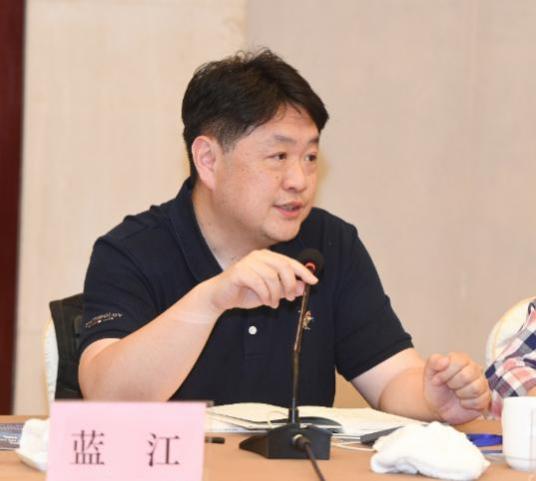
(Lan Jiang)
Zhao Tao, Researcher of Jiangsu Academy of Social Sciences and editor-in-chief of Jianghai Journal, took the history of human spoken language as a clue and pointed out that the era of secondary spoken language as a higher level of spoken language constitutes a new aspect of cultural development in the current digital era. The cultural expressions of this era on the one hand reveal new features such as high synchronization and consistency with the subject's endogenous thinking, equality, and fairness of social aspects and high contextuality, and on the other hand mark the emergence of many new problems in current culture.
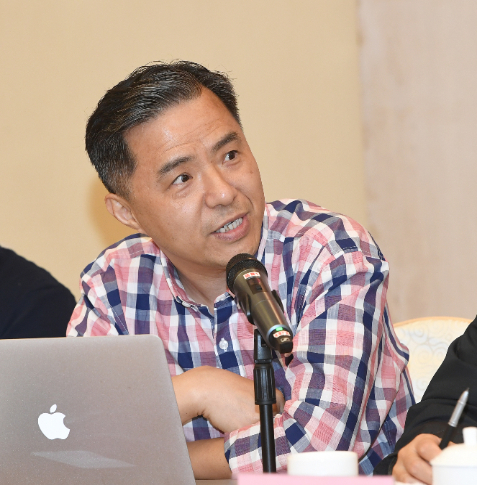
(Zhao Tao)
Liu Qing, Vice Dean of the Institute of National Development and Strategic Studies of Renmin University of China, spoke on the topic of "The relationship between artificial intelligence and labor market". He pointed out that AI and labor market affect each other, and labor market policies have a facilitating or hindering effect on the development of AI, while the purchase, research and development of AI technology will have different effects on the labor market, and the current top-level design should be integrated and balanced to promote the development of both in the same direction.
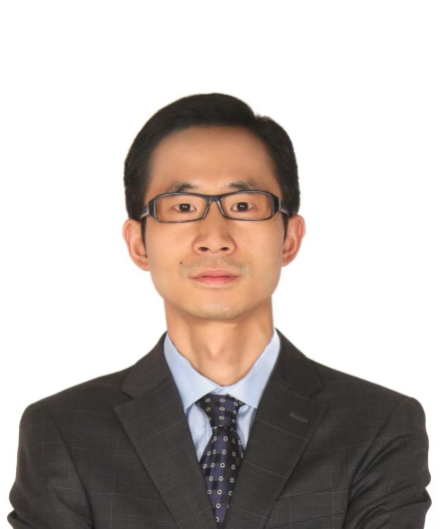
(Liu Qing)
Wang Yali, Director of Jiangsu Intellectual Property Protection Center, starting from the protection of intellectual property, analyzed the intrinsic relationship between intellectual property and digital economy, the industrial patent situation at the core of digital economy and the path of intellectual property protection. He believed that data is a new factor of production, intellectual property is inseparable from the digital economy, intellectual property protects the innovation of the digital economy, intellectual property data is also a factor of the digital economy, and intellectual property value engineering should be established for the digital economy industry.
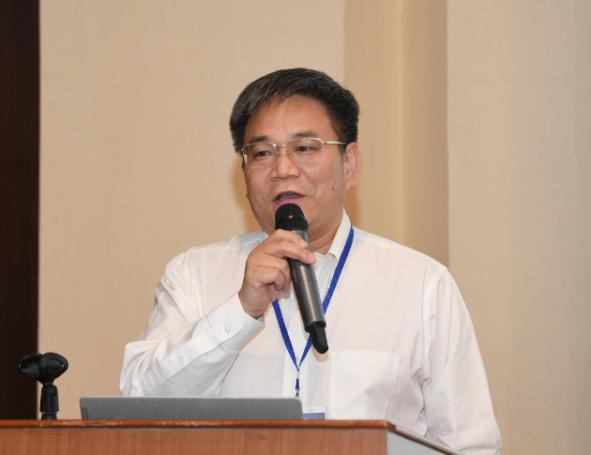
(Wang Yali)
Yang Chuanming, Vice Dean of the Business School of Suzhou University of Science and Technology, starting from the perspective of accelerating the digital transformation of agriculture, proposed that digitalization of agriculture is an important category of high-quality development of digital economy, digital economy and traditional agriculture can be deeply integrated, and it is of great practical significance to use digital technology to promote rural economic development.
Xu Xin, former Vice Chairman of Jiangsu Provincial Federation of Literary and Art Circles and Specially Appointed Researcher of Institute of Socialist Development with Chinese Characteristics of Southeast University, analyzed the new situation of intellectual property protection in the digital economy from the perspective of high-tech and intelligent means of infringing intellectual property rights, new forms of knowledge products, and new challenges faced by traditional intellectual property protection methods and trial methods, and proposed that the digital era belongs to an economic form mainly supported by technology and that the protection of intellectual property rights should be strengthened by improving legal provisions, perfecting intellectual property protection mechanisms and strengthening international cooperation.
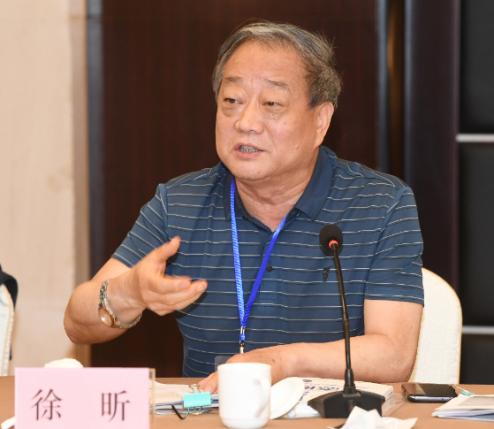
(Xu Xin)
At the closing ceremony of the conference, Professor Yue Shujing from the School of Economics and Management of Southeast University made a concluding speech. Professor Yue pointed out that this forum brought together representatives from the political, academic, business and corporate sectors, forming a rich ecosystem, which has important theoretical and practical significance for giving full play to the penetration, integration and empowerment of the digital economy, hoping to have more opportunities to learn and communicate in the future.
Contributed by: Hao Na (School of Marxism)
Quan Dingwang (School of Marxism)
Gao Peng (School of Economics and Management)
Image source: New Jiangsu - China Jiangsu Network
翻译:罗娇英
审校:甘若玮

